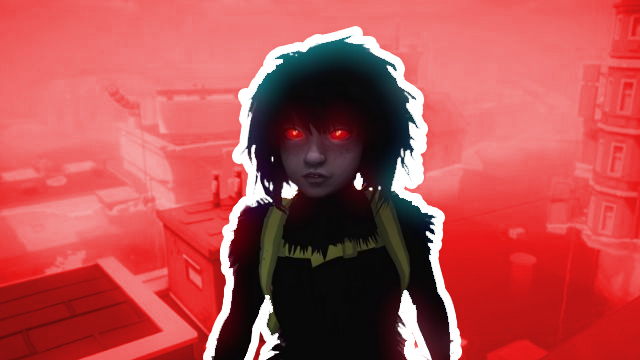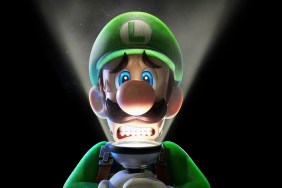Sea of Solitude is an openly allegorical game based on creative director Cornelia Geppert’s struggles with mental health and trauma. Rather than an untarnished hero, Kay is flawed and imperfect. She is openly aligned with the developer who has drawn on a story of heartbreak to make the game. In this game, the monsters aren’t respawning, run-of-the-mill slash and…

Atlas is an action-rpg with rogue-like elements where you use your ability to control the ground to fight the enemies and move through procedurally generated worlds.










